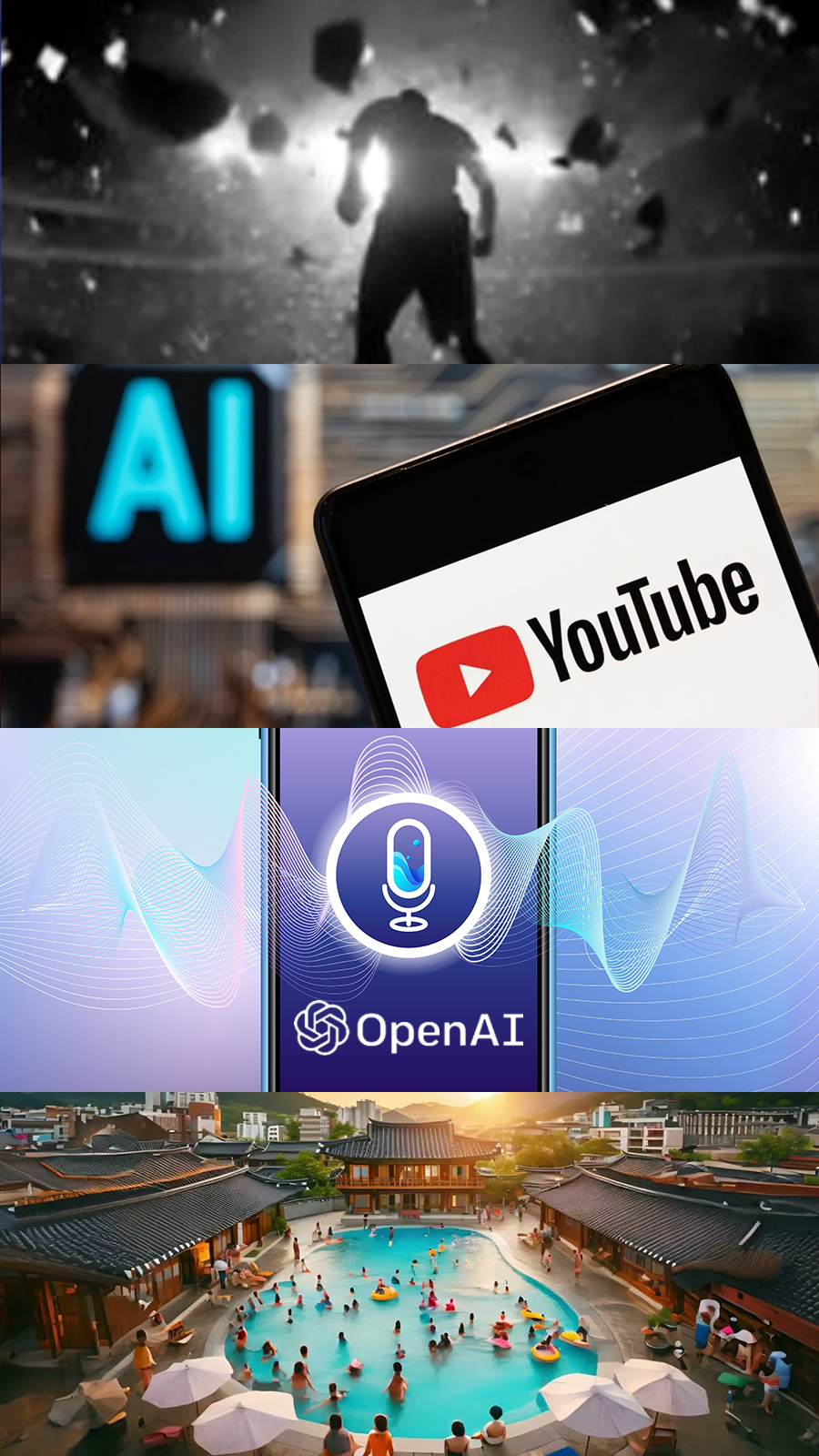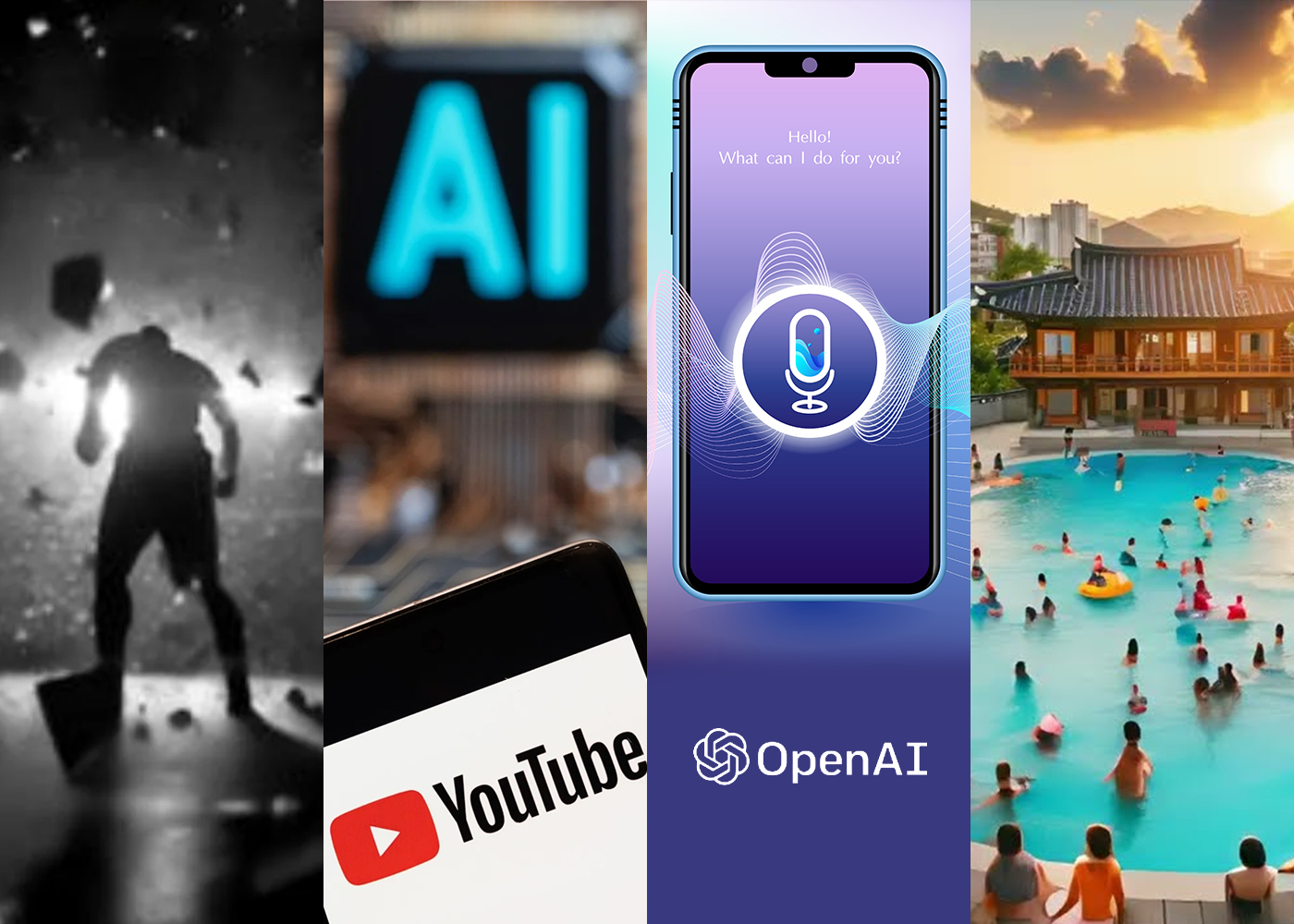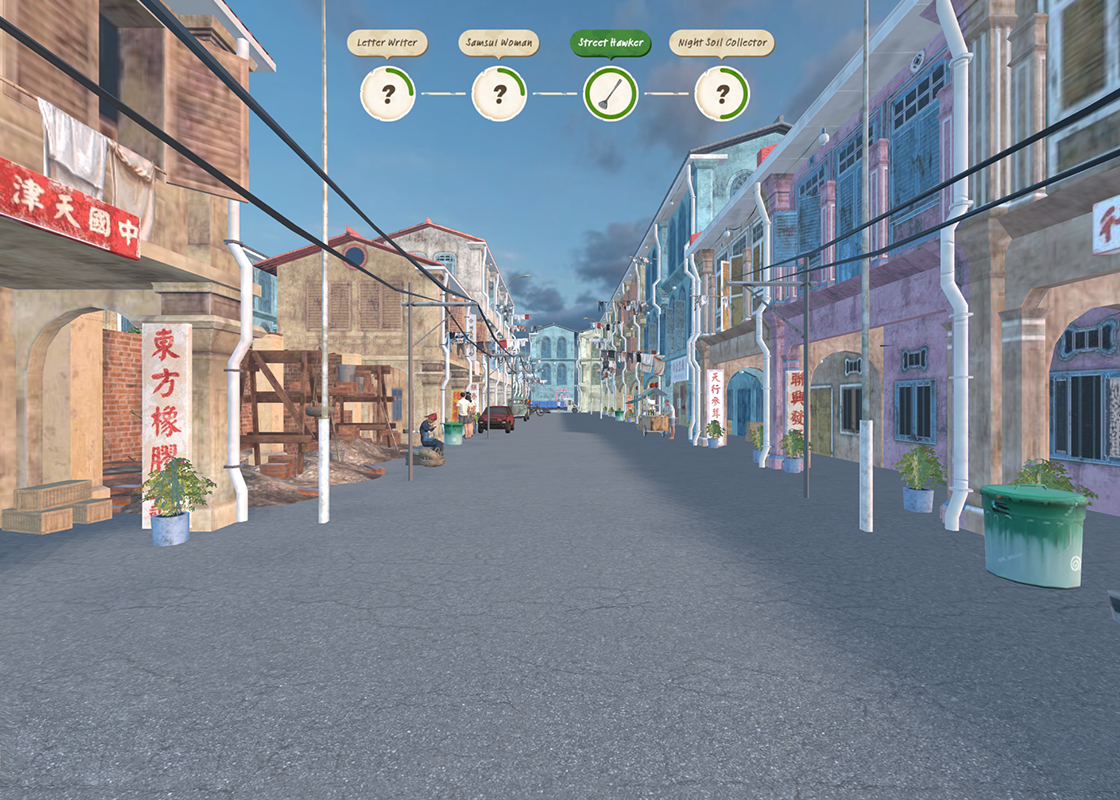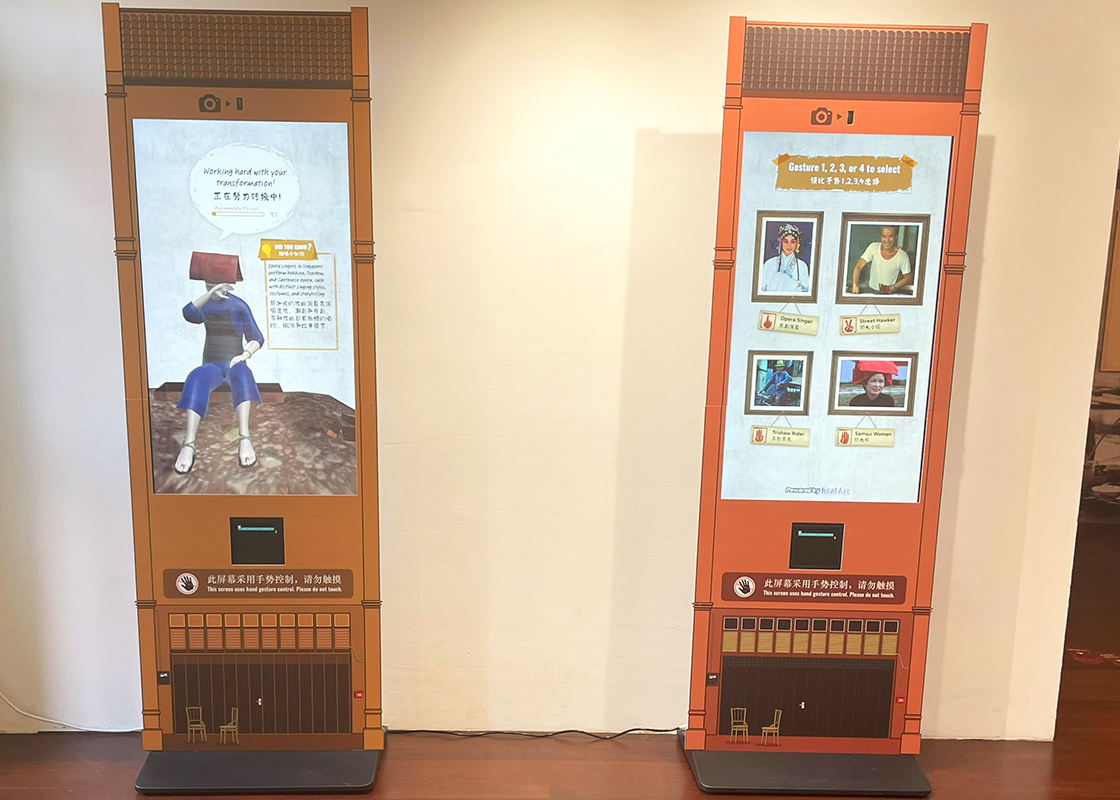Published April 16, 2024
- Get Mascot Lively with Augmented Reality (AR)30 Jul 2024
- Apple Intelligence, the New AI from Apple22 Jul 2024
- Experiential Products/Campaigns on June 202415 Jul 2024
Navigating March 2024 Experiential Campaigns & AI-generated content
As we continue to navigate through 2024, originality of AI-generated content become topic discussion among the public. Government and brands are stepping up their marketing game with AI-generated content with ads that stick with public. However, we must be careful of the AI-generated content which potentially causing more harm than good if we did not execute it well. As such deepfake Joe Biden robocall which distribute misinformation able to disrupt to the state’s primary election process. Take a look some of AI-generated content that we could have a look which potentially change the future generative AI landscape.
1) AI Point of View of South Korea
South Korea has been at the forefront in developing and investing artificial intelligence into everyday life. Thus, it is no stranger to have Korean Tourism Organization to cooperate with Compound Collective creative agency to produced “AI Point of View – Korea” to interpret South Korea through the lens of AI. This approach has significantly revolutionize storytelling method in marketing and able to attract more eyeballs to witness the mastery of generative AI content. You can read more from our previous blog content.
2) Under Armour’s Debate on Creative Accreditation

Under Armour’s new AI-powered commercial by Wes Walker got called out by previous director, Gustav Johansson for plagiarising his works. According to Walker, he was required to build a commercial film with Under Armour’s existing assets. Thus, he mixed Johannson’s team assets with AI piece to complete the commercial film. The accused plagiarism brings to light the implication of AI into the creative process and authenticity of AI-generated content in marketing.
3) Youtube’s New Requirement for AI Content
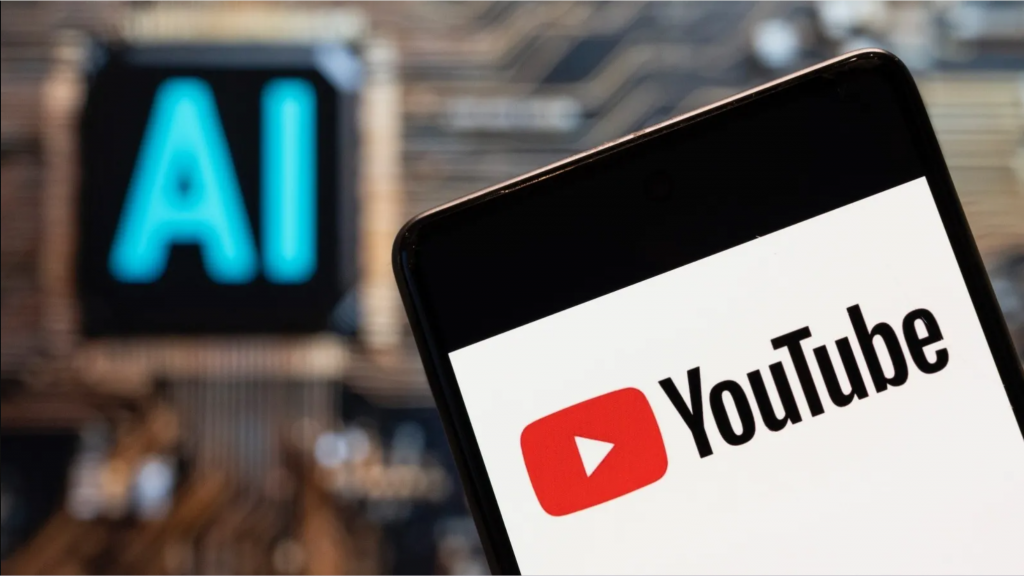
On last February, OpenAI unveiled its realistic video generation AI model, Sora. It was an exciting revelation as we could generate realistic video-form content easily. On the flip side, it is raising fear among public for over realistic content as it potentially spread misinformation to the public. Consequently, it is crucial for media outlets to filter inaccurate information released to the public. Youtube has announced a big change in tackling misinformation AI-generated content by requiring content creator to disclose their content if it is AI-generated last month. This Youtube’s policy aims to maintain transparency with viewers and address the broader implications for digital content originality. Similar step has done by Tiktok platform on last year September.
4) OpenAI launch voice generator
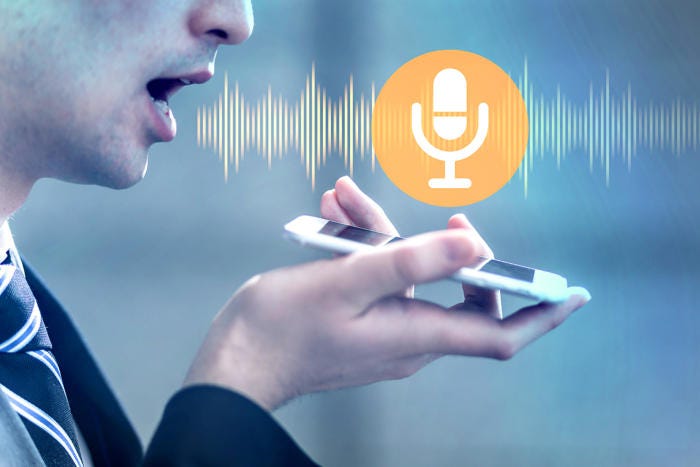
Before end of March 2024, OpenAI previewed Voice Engine, a pioneering model that produced a 15-second speech from text input or audio sample. The speech produced is natural-sounding like original audio sample. However, OpenAI is proceeding the model with caution due to the potential for misuse and cause harm than goods to the public. Thus, OpenAI is engaging with US and international partners across different industries to ensure they build up a model that could fulfil all safety measures.
There are constant innovation happening in AI technology every day and we able to produce videos or audio idea easily from our simple prompt. But it provides challenges for the public in identifying the originality of the content whether it produced by human or AI. Therefore, brands and platforms that use generative AI in producing content need to be aware the sensitivity of the content and highlight the content authenticity. These actions would prevent fake information spread around and minimize disruption to the society.
For brands looking to navigate experiential technology that involving generative AI into marketing campaign, you could contact us today and rest assured, we fact-checked AI-produced content information before it released out from marketing campaigns to the public.







